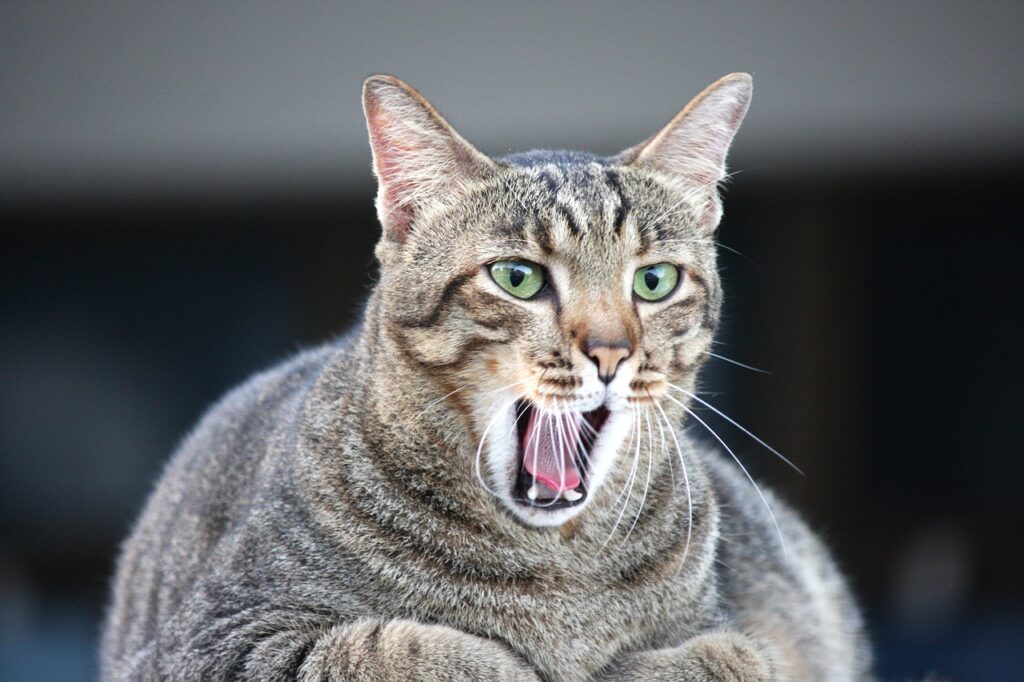For many, the turbulence of 2020 may have led to comfort cravings and other isolation-induced indulgences. With people spending more time at home and perhaps sharing extra treats with their furry family members, pets may have packed on pandemic pounds as well. While more pets may be pudgy now, the health issues related to obesity in pets have long concerned veterinarians.
Data from Nationwide, the nation’s first and largest provider of pet health insurance, shows that claims for conditions linked to or made worse by obesity increased for the ninth straight year. Over a recent twelve-month period, obesity-related claims accounted for 20 percent of Nationwide members’ pet insurance claims, totaling more than $90 million in veterinary expenses.
As with people, excessive body fat in pets increases the risk of preventable health issues and may shorten the life expectancy of dogs and cats. Nationwide recently sorted through its database of insured pets to determine the top 10 dog and cat conditions related to or made worse by obesity. Below are the results ranked in order of most claims received:
| Dogs | Cats |
| 1. Arthritis | 1. Bladder/urinary tract disease |
| 2. Bladder/urinary tract disease | 2. Chronic kidney disease |
| 3. Soft tissue trauma (bruise or contusion) | 3. Diabetes |
| 4. Torn ligaments in the knee | 4. Liver disease |
| 5. Liver disease | 5. Asthma |
| 6. Low thyroid hormone | 6. Arthritis |
| 7. Diseased disc in the spine | 7. High blood pressure |
| 8. Diabetes | 8. Soft tissue trauma (bruise or contusion) |
| 9. Chronic kidney disease | 9. Heart failure |
| 10. Heart failure | 10. Gall bladder disorder |
The most common disease aggravated by excessive weight in dogs is arthritis, which represented more than 85,000 claims and carried an average treatment fee of $349. For cats, bladder or urinary tract disease was the most common obesity-related condition, which accounted for nearly 14,000 claims with an average claim amount of $529 per pet. With Nationwide pet insurance, eligible veterinary expenses are reimbursed up to 90% based on the member’s chosen coverage.
“Veterinarians have been sounding the alarm about overweight pets for years now,” said Dr. Jules Benson, Nationwide’s chief veterinary officer. “Part of the problem is that pet parents often don’t realize when an animal is overweight, or if they’re aware, they struggle with helping their pet lose weight. The silver lining of the prevalence of pet obesity is that your veterinary teams have lots of experience assessing pets and helping pet parents with effective weight loss plans.”
Humans can also benefit from helping their pets drop a few pounds. According to the Human Animal Bond Research Institute (HABRI), keeping a pet lean and active can help humans lose a few pounds themselves and collectively avoid millions of dollars in obesity-related medical costs .
Below are simple steps you can take in partnership with your veterinary team to help regulate your pet’s weight:
- Have your veterinarian assess your pet’s weight, help set goals and offer advice. In some cases, a veterinary-prescribed or -recommended calorie-reduced pet food is ideal.
- Measure your pet’s food accurately. Veterinary nutritionists often advise adding healthy “filler,” such as thawed frozen green beans, to help pets feel satisfied.
- For treats, use the smallest you can find and break them up even smaller. Use treats for training or as a reward for an activity instead of handing them out just for being cute.
- Have pets “hunt” for the meals. Food puzzles and food mats or slow-feeding bowls exercise body and mind, and help gulpers feel more satisfied.
- Set aside time for you both to be active together, with indoor games such as “cat fishing” for felines and walks or retrieving games for dogs.


